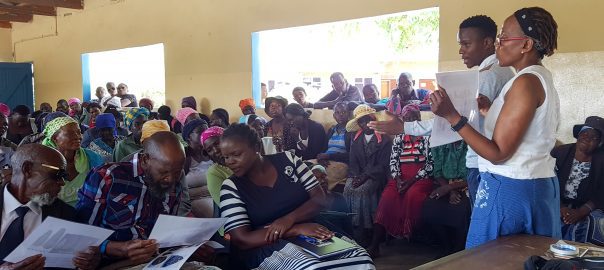Taha Yasseri, University College Dublin
At the end of every year, I gather statistics on the most viewed Wikipedia articles of the year. This helps me, a computational social scientist, understand what topics captured the most attention and gives me a chance to reflect on the major public events of the year. I try to use data to determine how the public (and more specifically here, English-language Wikipedia readers) will collectively remember the past year.










